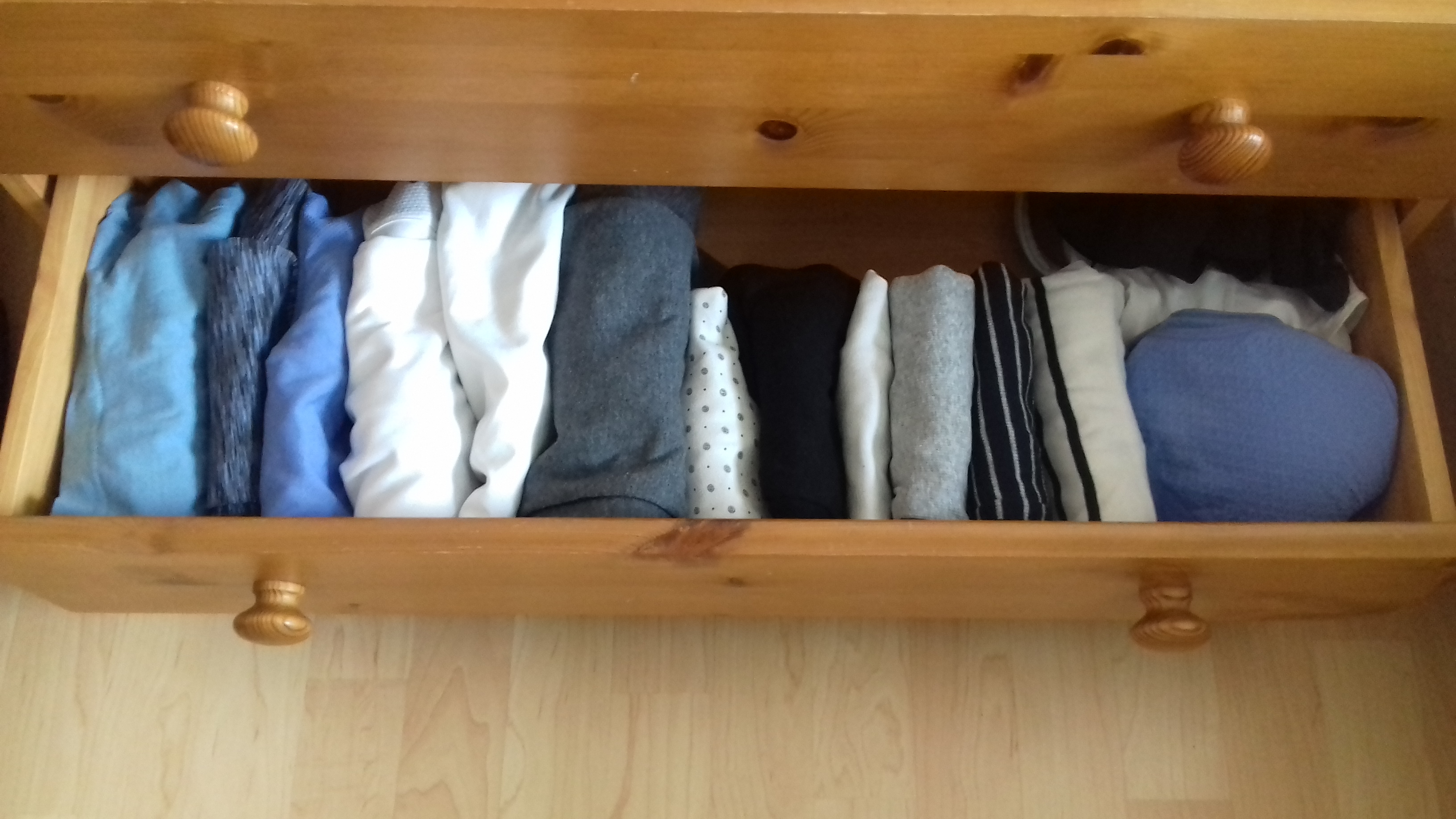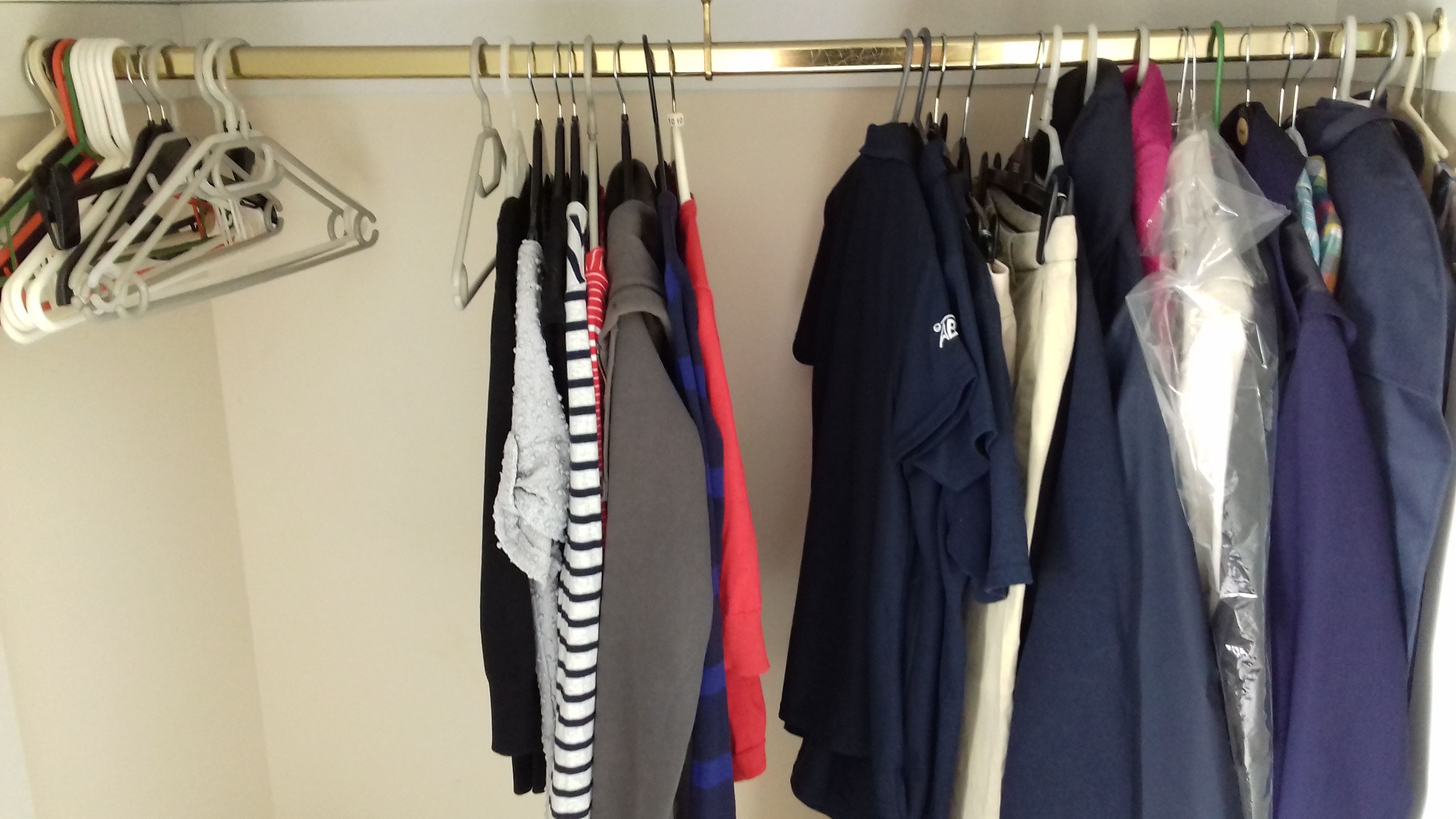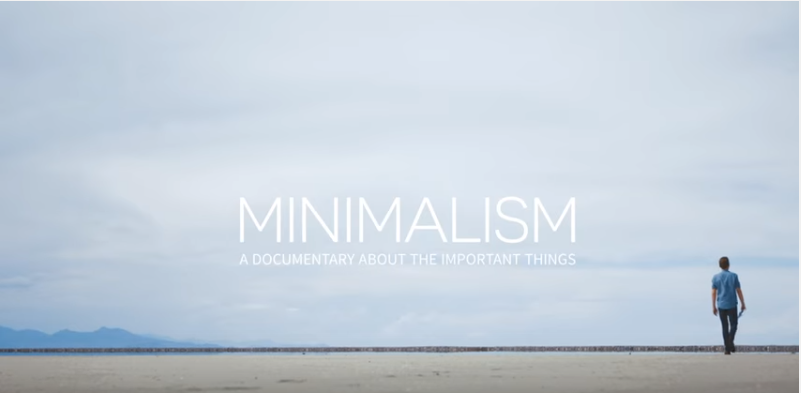Joshua Fields Millburn and Ryan Nicodemus, The Minimalists, created the 'packing party' method as a way to help people figure out what possessions are essential.
What is a packing party?
A packing party involves packing up all of your possessions as if you're moving home. As you go about your routine, you gradually unpack items as you use them. By the end of a set period (e.g. a month, a season) you donate or sell what's left in the boxes.
Why would I throw a packing party?
Instead of going through your possessions and trying to decide on what you no longer need or want, a packing party lets you re-introduce possessions organically. You don't force items back into your life. You get an accurate picture of what you actually use.
KonMari Upgraded
I've been on a minimalist mission for the last 12 months. I've always convinced myself that I don't own 'too much'. I've used Leo Babauta's 5-minute decluttering projects. I used the KonMari method of decluttering and organizing my clothes. Despite my efforts, I still owned close to 200 items of clothing but there was no way I needed every item. The number of clothes I had was irrelevant, it's that it didn't feel like an appropriate amount. What more could I do? I carried out my first packing party to focus solely on clothes.

"Everything you own has to be dealt with by someone in the future."
Unexpected Lessons
I'd read all about other people's packing party experiences which is why I wanted to try it out. Nicodemus admits after his packing party: "80% of my stuff was still in those boxes after 21 days. I looked at those boxes and couldn't even remember what was in most of them." I expected a similar result. I wasn't quite prepared for how much my packing party would teach me.
Ugly.
Seeing all my clothes in bags (I don't use boxes when I move) piled up in one corner was ugly. Everyday the view of my bedroom was interrupted by this pile of ugly - a constant reminder of a decade's worth of purchases. The pile felt like a weight on my mind.
Excess.
It took one large holdall and three large bags to pack up my clothes. Even in the coldest places, I wouldn't need this amount to stay warm for 7 days. I have a washing machine. I can launder my own clothes. There's no reason to have such a large reserve of clothes. How much of the excess was down to my fear of scarcity?
Limited withdrawals.
I thought I'd be going into my bags at least once a day. For the first seven days, because nothing was in my wardrobe and drawers, I did. 4 weeks later and I've opened those bags about six times. This got me thinking my finances: Could I benefit from opening a savings account with limited withdrawals? Was my preference for easy access another sign of my fear of scarcity?
Curating my space.
I noticed that my flatmate owns fewer possessions because she has a smaller room. Since I have the bigger room, when I moved in, I made use of the space and storage provided. The packing party helped me curate my space in line with the possessions I used, not the possessions I owned and storage available. I now use part of a wardrobe for clothes that hang better and three large drawers for my exercise clothes, pyjamas, underwear, socks and trousers. I now also have a small set of drawers once devoted to clothes for just my shoes.

Time.
It took me around 90 minutes to pack up all my clothes. If I had fewer clothes, it would have taken me half the time. I don't ever want to spend this long packing any of my possessions.
Materialistic.
The clothes I've unpacked are my favourites. Since I enjoy wearing them, I want them to last, so I've started looking at how I can extend their life. I've become more materialistic with the clothing that provide me with most value. I have a greater appreciation for the items I've kept. I've also experimented with hand-washing my underwear to reduce my water usage.
Better packer.
Since I don't have to sift through any excess, the few items hanging in my wardrobe can go straight into my small suitcase when I pack for my next holiday.
Better relative.
Someone once told me, "Every item you accumulate will have to be dealt with by someone in the future." Most of the time, things I've accumulated will be dealt with me: an item will break, so I'll throw it out; an item will get dusty, so I'll clean it; an item of clothing will no longer fit me, so I'll donate it to charity. What about when I pass away? My family will be tasked with sorting out my belongings. By having less, I can reduce the burden on them.
Since autumn has just begun, I've got a few more months to go before I donate what's left in my bags. I doubt I'll need all the winter clothing I own, so I'm looking forward to what comes back into my life once the temperature drops.
Is Minimalism For Me?
I grant minimalism can seem like a radical lifestyle choice. The reality is that it's simple. You question what you own. You question what you do to own those things (i.e. work for money, upkeep). You question how you spend your time. You question what's really important. If after reading this you're still unsure or you feel as though you love every possession, follow the lead of The Minimalists and simply ask yourself:
How might my life be better with less?
Global Impact
How much less home could we own if we didn't insist on storing our possessions? The problem with storage is that it hides what you own and you forget about it. Your possessions sit there redundantly until you move home. Only then do you sift through and remind yourself of all the lovely things you have. You pack them up carefully, move them to your new place and keep them in storage until the next time you move. The cycle will continue until you try a packing party. You'll realize it's ok not to need as many things. It's ok to let go. It's ok to give your things to someone who can get more value from them. You'll be surprised at how quickly you'll forget what you gave away.
Want to find out more about minimalism? The Minimalists recently released a film about minimalism: Minimalism: A Documentary About The Important Things
